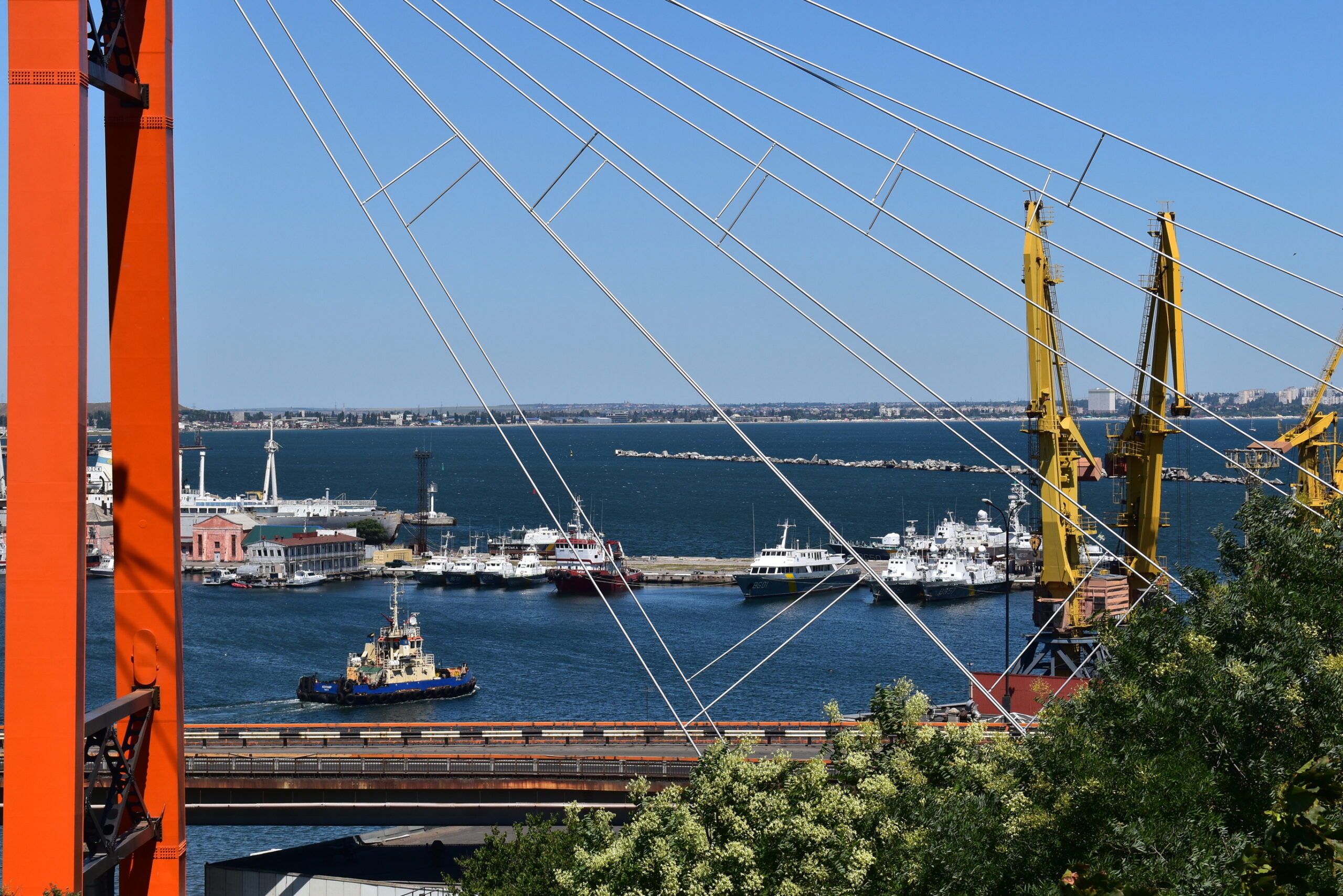The European Union plans to set up a “Black Sea Maritime Security Hub” to counter Russia’s action in the region and to protect critical maritime infrastructure. In addition to establishing a Black Sea hub, the strategy aims to develop a comprehensive transportation corridor connecting the EU with Central Asia and the South Caucasus region.
The EU strategic approach for the Black Sea region will forge closer cooperation with Ukraine, the Republic of Moldova, Georgia, Türkiye, Armenia and Azerbaijan.
The three-pillar strategy for future EU-Black Sea cooperation focuses on establishing a Black Sea Maritime Security Hub, on boosting trade, unlocking transport digital and energy connectivity and on reinforcing preparedness of coastal communities and blue economy sectors to tackle war-related environmental damage and to enable Black Sea countries to respond to climate-change related risks.
EU aims to ensure military mobility and dual use infrastructure, to tackle hybrid threats and to combat organised crime and trafficking.
Support to Ukraine’s overall resilience and security and its reconstruction, when conditions allow, are at the heart of this policy.
Kaja Kallas, high representative for foreign affairs and security policy/vice-president of the European Commission, said: “We propose a new Maritime Security Hub to strengthen our response, improvements to transport infrastructure to improve military mobility so troops and equipment can be where they are needed, when they are needed, and an intention to boost our work to counter hybrid threats, of which the Black Sea is a prime target.”
The plan is part of a wider EU strategy that was presented on May 28 by EU high representative for foreign affairs and security policy Kaja Kallas to forge closer cooperation with Armenia, Azerbaijan, Georgia, Moldova, Türkiye, and Ukraine.



